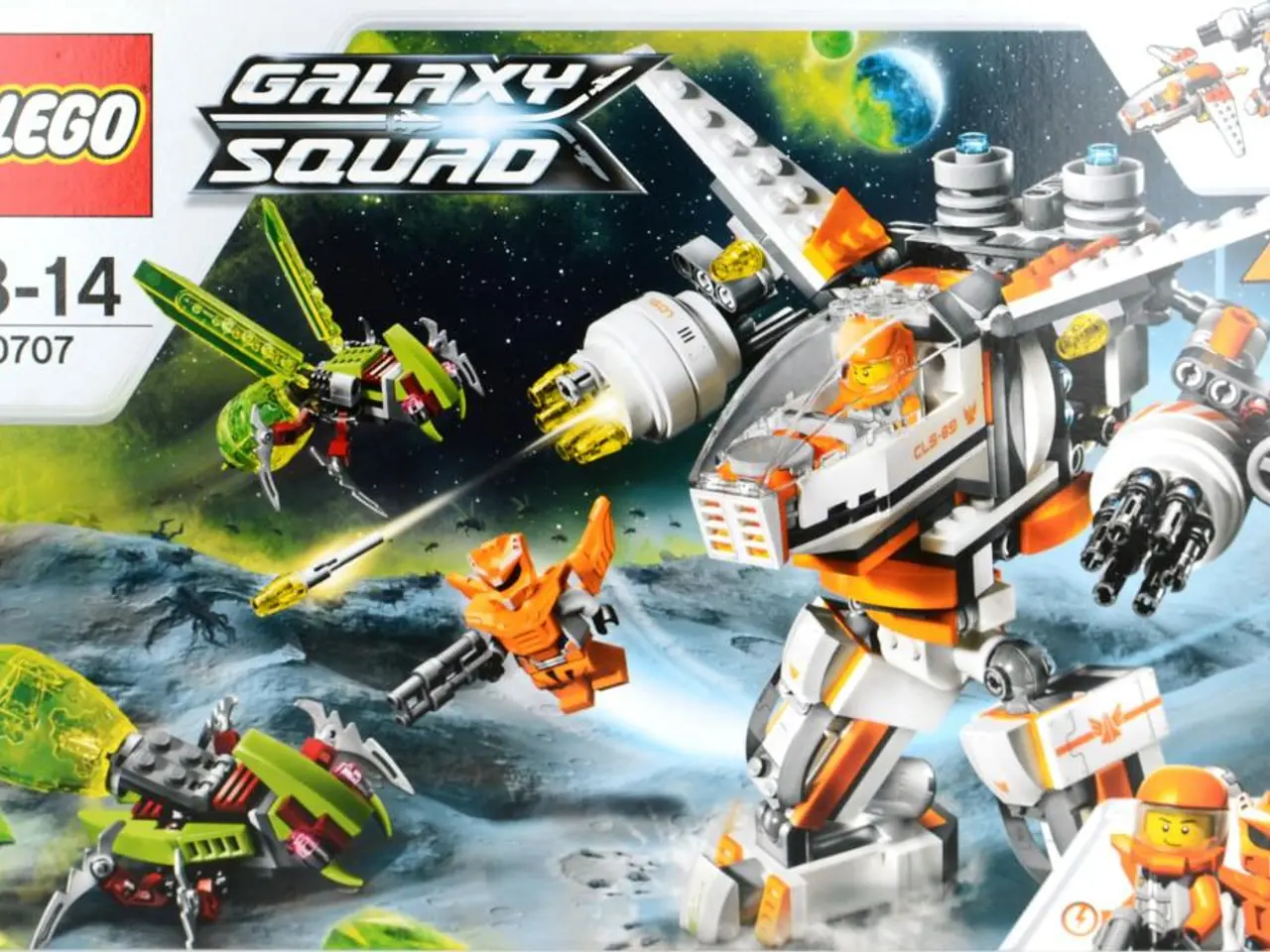Artificial Intelligence Transforming Humanity's Evolution: An Insight into Its Impact on Redefining Humankind
In the current era, we find ourselves at the forefront of a revolutionary change - the age of AI and human reinvention. This transformation is reimagining design, healing, building, and thriving across various sectors.
One of the most significant advancements can be seen in the field of medicine, where AI is becoming a collaborator in the art of healing. By assisting clinicians with accurate and personalized diagnoses, AI is redefining the way diseases are detected and treated. In radiology, for instance, AI can detect subtle patterns and make diagnoses in seconds that once required decades of experience.
However, the implementation of AI in medicine also presents challenges. Navigating approval pathways designed for drugs and devices, not adaptive algorithms that learn over time, is one such hurdle. Convincing patients and practitioners that AI systems augment rather than replace human judgment is another hard barrier. The integration of AI into clinical workflows without slowing doctors down is yet another challenge.
The pharmaceutical industry is also undergoing a metamorphosis, thanks to AI. By simulating molecular interactions, identifying promising compounds, and optimizing therapies tailored to individual genetic profiles, AI is redefining drug discovery.
In the manufacturing industry, AI-driven systems are powering "dark factories" that operate silently with extraordinary intelligence. These factories adapt production in real time, manage quality control, and conduct predictive maintenance.
The architecture, engineering, and construction industry is also witnessing a shift, with AI agents evolving as collaborators in the design of buildings. These agents help reduce waste, rework, and risk, contributing to more efficient and sustainable construction.
Generative design is influencing package design for sustainability and transport, while in the supply chain sector, AI-driven systems are transforming supply chains into intelligent, adaptive webs. These systems forecast demand shifts, reroute logistics, and cut carbon footprints.
In the realm of infrastructure, progress requires governance that keeps pace with innovation, transparency that earns the clinician's confidence, and infrastructure that ensures equity of access.
Leadership in this age of AI and human reinvention is about leading with vision, governance with trust, and inspiring with imagination. Senthil M. Kumar, the Chief Technology Officer at TOYOTO Connected India Pvt Ltd, is a celebrated visionary known for creating advanced technology across various global industries.
The convergence of human and machine intelligence is leading to the reinvention of the human experience. For executives, viewing AI as a co-evolving partner rather than a tool is crucial for organizational success. Procurement is no longer reactive; it preempts shortages with the help of AI.
Digital twins of entire networks enable businesses to simulate shocks and model resilience. Forbes Technology Council, an invitation-only community for world-class CIOs, CTOs, and technology executives, is a platform where these leaders can share their insights and shape the future of AI.
In this age of AI and human reinvention, we are witnessing a symphony of human creativity and AI intelligence, redefining the way we live, work, and interact with the world.
Read also:
- Peptide YY (PYY): Exploring its Role in Appetite Suppression, Intestinal Health, and Cognitive Links
- Aspergillosis: Recognizing Symptoms, Treatment Methods, and Knowing When Medical Attention is Required
- Nighttime Gas Issues Explained (and Solutions Provided)
- Home Remedies, Advice, and Prevention Strategies for Addressing Acute Gastroenteritis at Home








